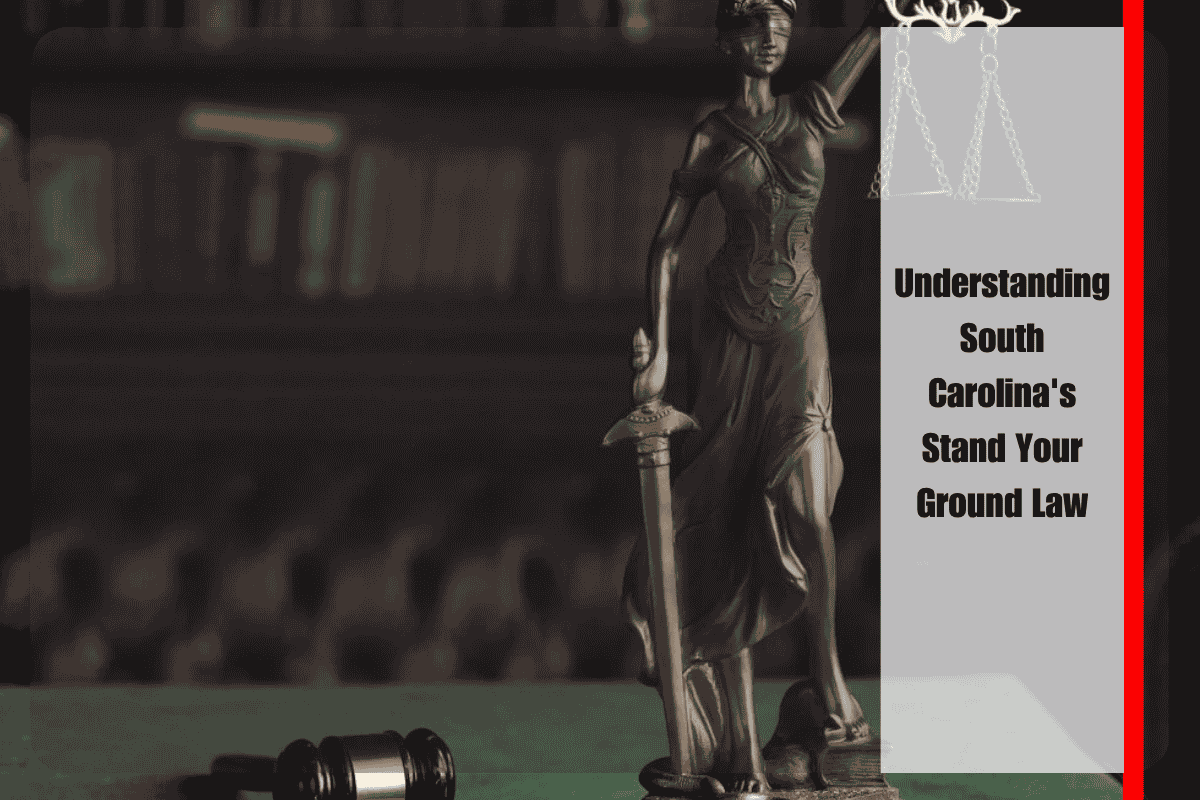South Carolina’s Stand Your Ground law allows individuals to use deadly force in self-defense without a duty to retreat, provided very specific legal conditions are met. Enacted with the Protection of Persons and Property Act in 2006, and further clarified or adjusted in more recent years, this law’s fundamental provision states that a person lawfully present in a location—such as their home, vehicle, workplace, or any public place—does not have to retreat before defending themselves if they reasonably believe the use of deadly force is necessary to prevent imminent death or great bodily injury.
To successfully claim Stand Your Ground immunity, a person must:
Be lawfully present in the location where the incident took place.
Not be engaged in unlawful activity at the time.
Hold a reasonable belief that deadly force is immediately necessary to prevent death, serious injury, or certain violent crimes against themselves or others.
The law applies beyond just private residences (where the “castle doctrine” has long established similar protections) and includes vehicles, workplaces, and public spaces. Importantly, the perception of imminent danger must be one that a reasonable person would share in the same circumstances—not simply fear or anxiety. This “objective reasonableness” standard means force cannot legally be used based on mere suspicion or generalized threat; there must be a credible and immediate threat.
South Carolina’s code (notably § 16-11-440) explicitly provides that individuals who meet these requirements are immune from both criminal prosecution and civil lawsuits for the use of force. Recent legislative proposals and court decisions have clarified that, in a pretrial hearing, once a defendant asserts Stand Your Ground immunity, the burden is on the state to prove the immunity does not apply, strengthening an individual’s procedural defense.
There are notable limitations and exceptions:
Stand Your Ground protections are not available to someone involved in unlawful activity or who is the initial aggressor.
It cannot be invoked against law enforcement officers performing their official duties, or against individuals who have a legal right to be in the location (such as residents or those with custodial rights).
The law presumes a reasonable fear when confronting an unlawful and forceful intruder in a residence, vehicle, business, and as of late 2024, places of worship are also specifically covered.
The law remains the subject of public debate and legal scrutiny. Supporters argue it reinforces the right to self-defense and deters crime, while critics cite the potential for misuse and inconsistent application, and point to research suggesting possible increases in violence where such laws are in effect.
South Carolina’s Stand Your Ground law provides robust self-defense rights for those lawfully present and not engaged in illegal acts, but those rights are governed by strict criteria about the reasonableness and immediacy of the threat, as well as procedural safeguards about how immunity claims are evaluated in court.
Sources
[1] https://www.scstatehouse.gov/sess126_2025-2026/bills/3063.htm
[2] https://en.wikipedia.org/wiki/Stand-your-ground_law
[3] https://kinglawoffices.com/personal-injury/stand-your-ground-laws-in-south-carolina/
[4] https://www.scstatehouse.gov/sess126_2025-2026/prever/3031_20241205.htm
[5] https://www.wrhi.com/2025/02/understanding-south-carolinas-stand-your-ground-law-196550












